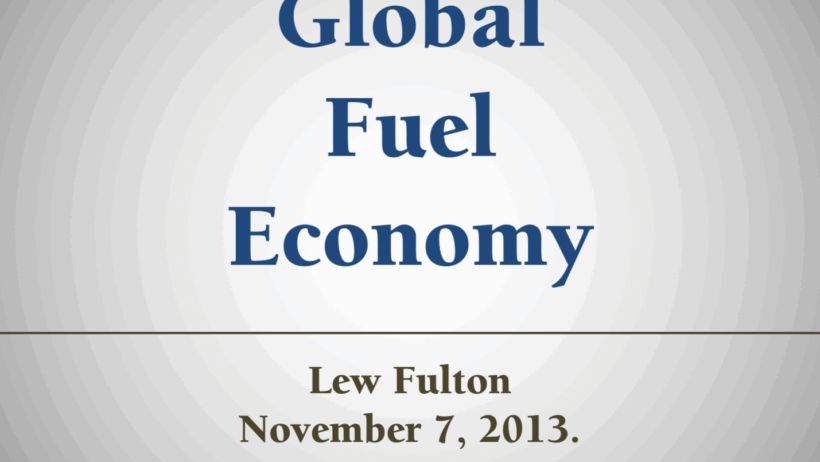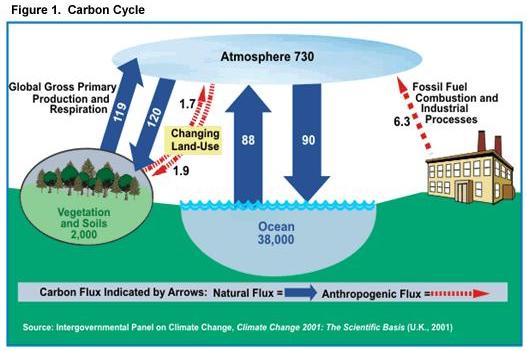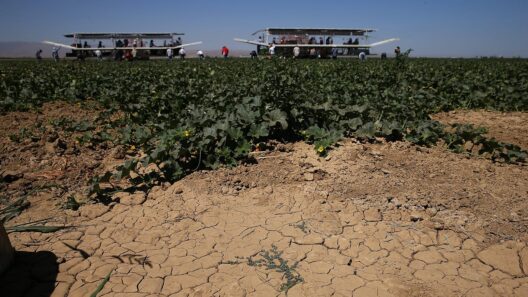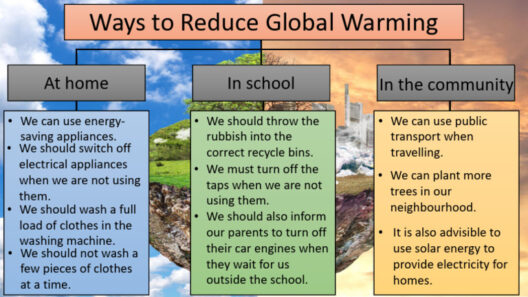The burgeoning concern over climate change has catalyzed an urgent discourse about the role of economic systems in addressing this global crisis. Can the economy be harnessed as a tool to combat global warming, or does it perpetuate ecological degradation? The answer is neither simple nor straightforward; it requires an examination of the intricate paradigms that govern economic activity and environmental stewardship.
The traditional nexus between economic growth and environmental well-being has come under intense scrutiny. For decades, the prevailing belief was that economic expansion—often measured by Gross Domestic Product (GDP)—was inherently beneficial. This linear progression assumed that as economies grow, they would naturally allocate resources towards cleaner technologies and sustainable practices. This ideology has proven to be a fallacy, as it frequently leads to environmental overreach. Industries prioritize short-term profits over long-term sustainability. Consequently, while economies may flourish, the planet suffers, raising fundamental questions about the compatibility of growth and ecological harmony.
Transitioning from this paradigm is essential; a shift towards a circular economy is one promising approach. A circular economy emphasizes sustainability by fostering systems that reduce waste, extend the lifecycle of products, and encourage recycling and remanufacturing. Unlike the traditional linear model of “take-make-dispose,” which relies heavily on resource extraction and environmental degradation, a circular framework promotes resource efficiency and ecological balance. By reimagining economic activities through this lens, we can potentially mitigate the intensifying impacts of climate change.
However, the successful implementation of a circular economy requires a monumental shift in perspective—not only among policymakers but also among consumers and businesses. This transformation necessitates embracing concepts of stewardship and accountability. Companies must be incentivized to innovate sustainably, while consumers must make conscientious choices about the products they support. The challenge lies in redefining value; can we look beyond mere financial gain to assess the positive externalities that a sustainable choice may bring?
The intersection of economy and environment does not remain static. Innovations in technology offer a wealth of opportunities to reduce carbon footprints. Renewable energy sources, such as wind, solar, and hydro power, possess the potential to displace fossil fuels, addressing the root causes of greenhouse gas emissions. Investment in clean technologies can stimulate job creation, drive economic resilience, and enhance energy independence. Interestingly, renewable energy represents a burgeoning sector that challenges traditional fossils fuel dominance, paving the way for a more sustainable future while simultaneously addressing economic inequality.
Yet, despite these promising avenues, the political landscape often presents obstacles that stymie progressive economic reform. Fossil fuel subsidies remain prevalent, distorting market signals and allowing environmentally detrimental practices to thrive. Policymakers may falter in the face of powerful lobbying groups that prioritize profits over planet. The interplay between politics and economics creates a bewildering environment where genuine progress faces opposition from entrenched interests clinging to the status quo.
The disparities between developed and developing nations further complicate the narrative. Developing countries often bear the brunt of climate change impacts despite being the least responsible for greenhouse gas emissions. Economic frameworks need to integrate principles of equity and justice—wealthy nations must support developing countries in their transition to sustainability. This support could manifest in various forms: financial aid, technological transfers, or capacity-building initiatives. A global approach rooted in collaboration rather than competition is vital for achieving meaningful progress.
Moreover, embracing the concept of environmental economics offers a compelling solution that combines economic principles with ecological imperatives. Environmental economists argue for the internalization of environmental costs into market prices. This approach advocates for mechanisms such as carbon pricing, which creates economic incentives for reducing carbon emissions. By quantifying the environmental cost of greenhouse gases, market participants are encouraged to shift towards greener alternatives. Yet, questions arise: How do we ensure that such pricing models do not disproportionately burden vulnerable populations? Balancing economic equity with environmental responsibility is critical to the success of such initiatives.
Furthermore, corporate responsibility continues to gain traction as businesses recognize the importance of sustainable practices, not just from a regulatory standpoint but also from a consumer demand perspective. Companies increasingly adopt Corporate Social Responsibility (CSR) initiatives that aim to address climate change while enhancing brand loyalty. Such initiatives can range from reducing waste and implementing renewable energy solutions to transparent supply chains focused on sustainability. The power of consumer choice can catalyze significant changes in corporate behavior, directing investments toward sustainable ventures.
Despite the myriad of promising strategies and innovations, skepticism regarding the economy’s role in combating climate change persists. Detractors argue that economic systems, driven by competition, prioritize immediate gains over long-term environmental consequences. This perspective underscores a critical question: Can an inherently growth-driven economy truly pivot towards sustainability without incurring substantial disruptions? The answer lies in balancing immediate economic needs with a vision toward long-term ecological viability.
Engagement in a nuanced dialogue that recognizes the complexities of the economy-environment relationship is essential. Economies must transcend the dichotomy of growth versus sustainability, recognizing that a healthy environment is foundational to a thriving economy. The understanding that environmental degradation has significant economic repercussions—ranging from loss of biodiversity to increased healthcare costs—can spur transformative change in how societies allocate resources and prioritize initiatives.
In conclusion, the pivotal question, “Can the economy fix global warming or just fuel it?” remains at the forefront of discourse surrounding climate change and environmental policy. The path forward will require a paradigm shift rooted in collaboration, innovation, and equity. Embracing a circular economy, investing in clean technologies, and prioritizing corporate responsibility can catalyze a profound transformation. Only through such a holistic approach can societies ensure that economic progress aligns with planetary health and resilience.








